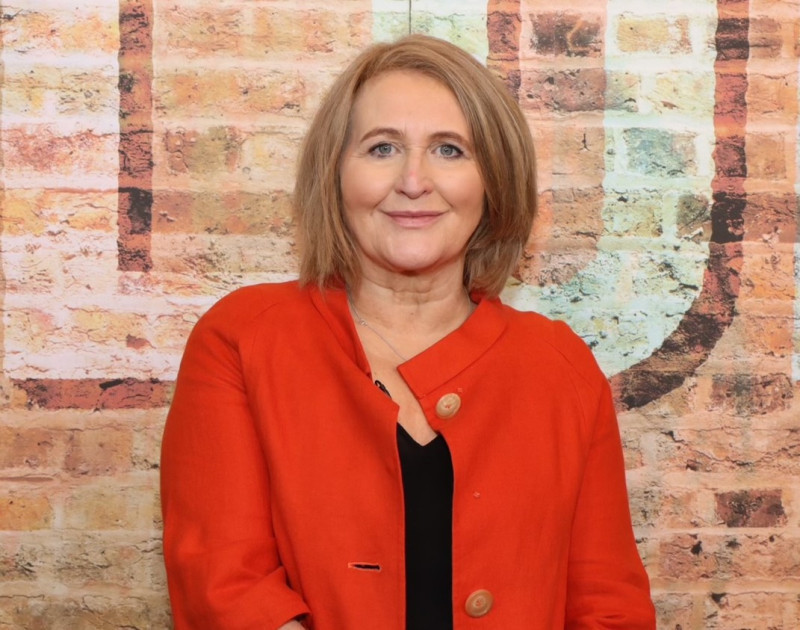Do you believe it would be beneficial to have young people study maths up to 18?
We all want young people to be numerate and have the skills they need to enter the workforce with confidence and capability. The focus on application is crucial, employers say they need young people who have the practical skills the economy needs and which are often missing at the moment.
Too often maths has been a concept – taught as an academic exercise with little obvious relevance to the world of work. There are big issues lying behind why children do not progress in maths and ministers must go beyond making pupils jump through hoops and instead look at what children and business leaders want when it comes to developing maths skills.
Too many of the children taking maths beyond 16 are engaged in round upon round of GCSE retakes. We need to get to the point where more young people are able to get good GCSE results in maths the first time around, so they don’t have to go on to re-sits.
What do you believe are the key challenges to delivering on this ambition?
The shortage of maths teachers and the well-known difficulties with retention are the core obstacles to achieving these ambitions.
But it goes wider than this. Twenty per cent of young people currently leave school without the basic qualifications they need to progress into training or an apprenticeship. We should not accept this level of failure by our system. It should be a national scandal that after over a decade of education so many young people are leaving without any qualifications at all.
Too often maths has been taught as an academic exercise with little obvious relevance to the world of work
We should be inspired by the many schools that do provide young people with the support they need to help them to succeed in their education and we should commit to providing that support to young people in every school.
Following the public outcry from high-profile figures such as Simon Pegg and Carol Vorderman, why do you think the public has developed such an aversion to studying maths?
The averse public reaction might reflect the dry way that maths was presented to children in the past. I think some adults don’t have fond memories of learning maths at school.
We need to make maths a more engaging and attractive proposition and link its relevance and importance to many of the rewarding jobs and opportunities that having good maths qualifications can bring.
What form should this extra tuition take? Should 16-18s study maths as a separate subject, or should it be a clearly defined module as part of their other subjects, for example?
We need to be ambitious for our children and maths is a central and important part of a modern education system. But it needs to be seen as a core part of a wider package of art, literature, music, and creative subjects which offer young people the breadth of skills and knowledge they need to progress into further and higher education and employment.
With an increasingly narrow curriculum, we are not giving our young people the skill base they need to succeed in life or the workplace. A serious consideration of educational opportunities for all children are needed, but it needs to go much beyond the single issue of maths.



